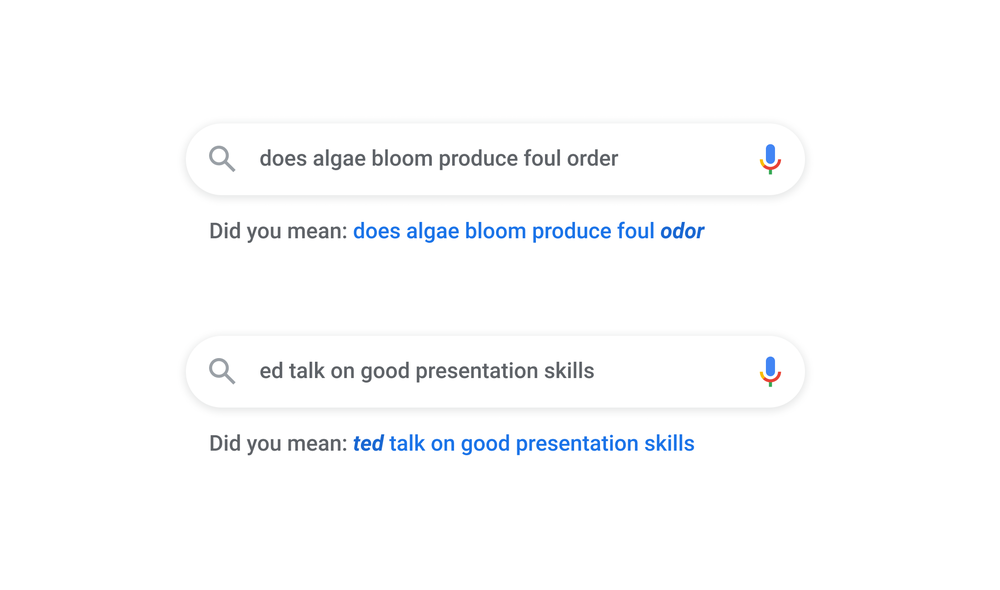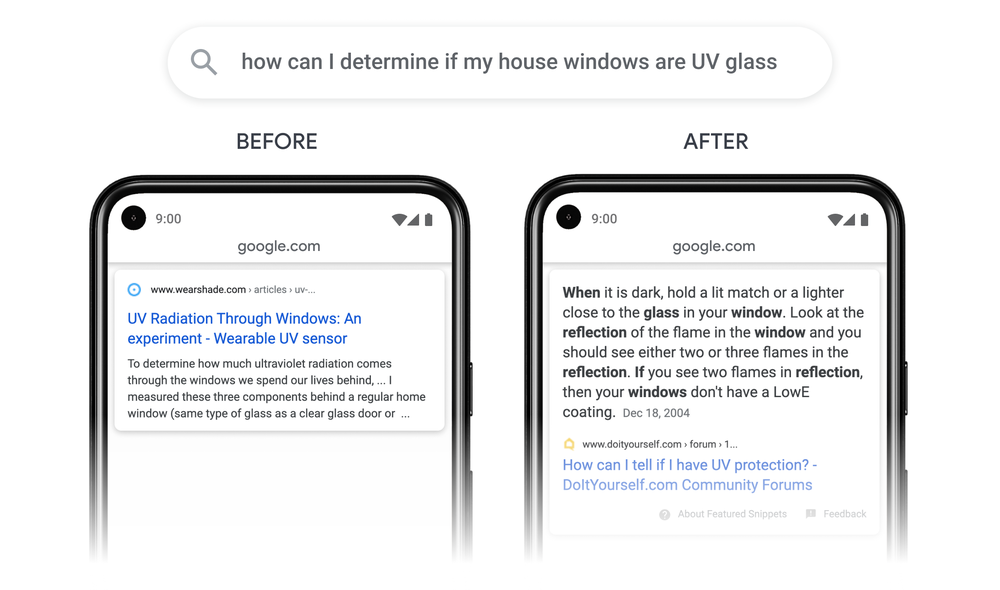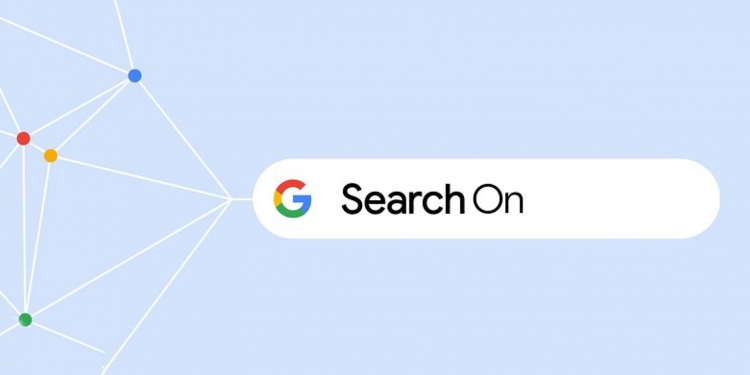Google has announced a number of new Artificial Intelligence (AI)-powered enhancements that will enhance its search engine’s capabilities. The Mountain View-based company made the announcement during its “Search On” event, detailing that many of the new improvements will be rolled out in the coming weeks and months.
According to the search giant, it will be introducing a new spelling algorithm that uses deep neural net, with 680 million parameters to better decipher misspelled search queries. It is said to offer better search suggestions for typos in under 3 milliseconds.

Why is Google making such a big deal out of this? For starters, Google says as many as 1 in 10 search queries everyday on the platform are misspelled. Google said the algorithm will help improve its “Did you mean” feature, which provides the search query with the correct spelling, by the end of October 2020.
Besides correcting and deciphering our horrible spelling, Google is using AI to improve specific searches. It is doing so by ranking not just webpages but also indexing individual passages from within webpages. This enables the search engine to pick out relevant content that the user is looking for.

For example, if a user asks “How to fix a broken washing machine hose?”, the new algorithm is said to be able to find the exact paragraph within a DIY forum that contains the instruction to fix the hose. Google said the algorithm is stated to roll out by November 2020 and is set to improve search queries across all languages by 7%.
Google Search will also use AI to help it understand subtopics around a particular area of interest, helping it deliver a greater variety of content related to that subject. An example of such a situation may be an inquiry about “home exercise equipment”. Under that, the system is said to be able to deliver more relevant subtopics such as the size of the equipment and budget that a user is looking at. The feature is said to be rolling out by the end of 2020.

Apart from that, the Mountain View company said it is using computer vision and speech recognition to automatically tag key moments in videos as well as divide them in chapters for easy searching.
This means that if you look for a recipe video about baking a cake, you would be able to skip to specific parts of the video like the part when the ingredients are listed or instructions on how to set the oven instead of starting from the very beginning. For sports fans, this would make it easier to search and watch the highlights of the weekend’s game.
Google said it has already tested this technology this year and by the end of 2020, it expects 10% of searches on the platform to use this new technology.
The search giant previously announced a range of other improvements coming to its search like the ability to search a song by simply humming the tune.
[SOURCE]








